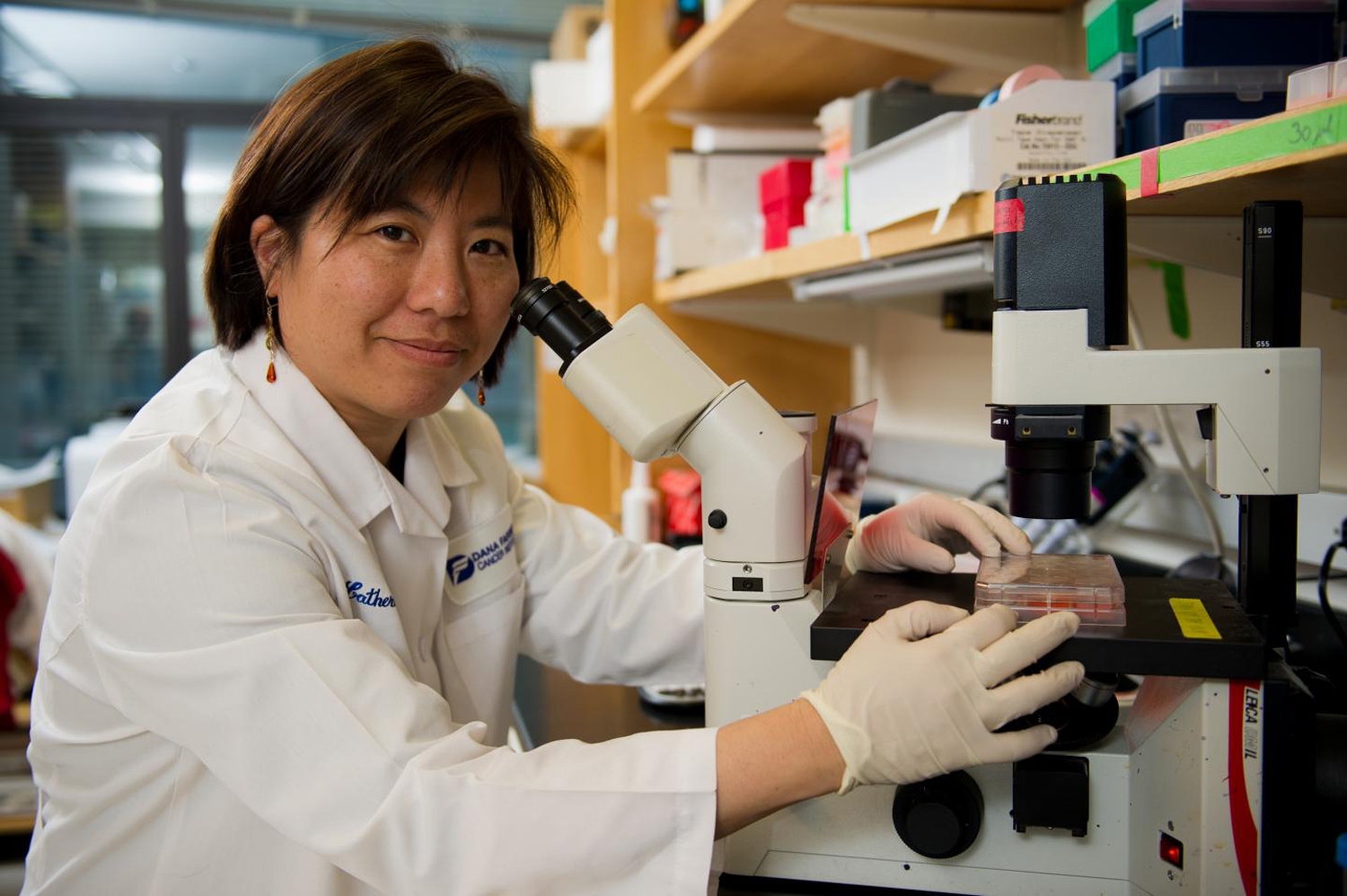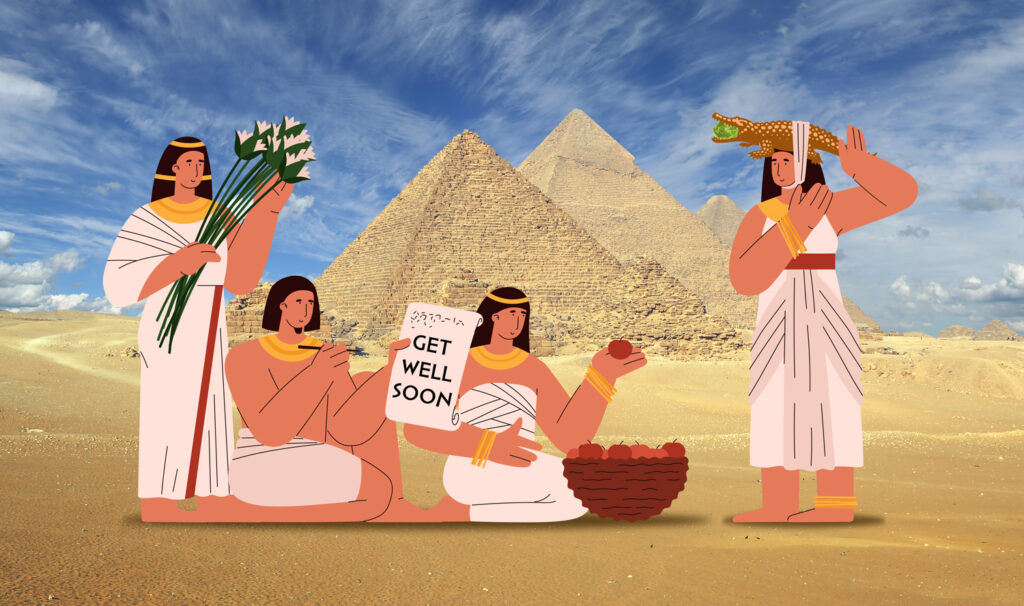A Groundbreaking Discovery
Dr. Catherine Wu is working on vaccines that could treat many forms of cancer.

Dr. Catherine Wu has conducted groundbreaking cancer research.
An oncologist at Dana-Farber Cancer Institute in Boston, Massachusetts, may have found the key to developing vaccines that would treat many forms of cancer. Dr. Catherine Wu’s research focuses on getting the body’s own immune system to attack cancer cells.
When a cancerous tumor grows, its cells mutate, or change, over time. The body’s immune system—the network of cells and tissues that defend the body against infection—often doesn’t recognize the difference between tumor cells and healthy cells, so it doesn’t attack the tumor. Wu’s vaccines, which would treat existing cancer (not prevent cancer from developing), would help the immune system to do its job.
This is different from two common cancer treatments—chemotherapy and radiation. In those treatments, the body is exposed to chemicals or radiation. This is meant to destroy cancer cells, but it can also end up damaging healthy cells.
Wu believes it’s possible to develop vaccines for specific types of cancer so that the immune system can be directed to defend that part of the body. Although she doesn’t believe every form of cancer could be treated with a vaccine, many could, including some that are currently hard to treat, such as melanoma, a form of skin cancer. Wu conducted a study in which six melanoma patients were vaccinated. After three to four years, the patients’ cancer cells were under control.
So far, Wu and her team have conducted “small” studies, in which they tested the vaccine on only a handful of people. Many more studies are necessary before she and others know if these cancer vaccines will be safe and effective. But her research is very promising, according to the Royal Swedish Academy of Sciences, which in February 2024 awarded her its Sjöberg Prize for “decisive contributions” to cancer research.
Wu has dreamed of curing cancer since she was in second grade. She may be getting close.



